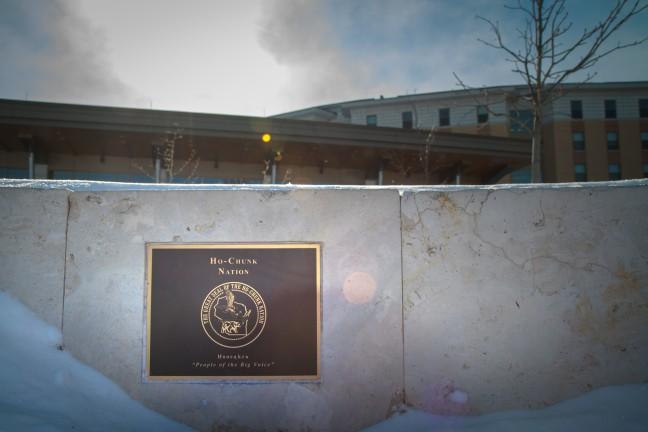University of Wisconsin professor Kasey Keeler is leading a project called “Mapping Dejope: Indigenous Histories and Presence in Madison,” which will share the history of Dejope community members and their land, according to The School of Human Ecology website.
The idea for the project stemmed from Keeler’s introduction to UW and Madison four years ago when she began learning about the Ho-Chunk history of this land and the community here today, Keeler said in an email statement to The Badger Herald.
“This knowledge really informed how I teach the large Introduction to American Indian Studies (AIS 100) course here on campus,” Keeler said. “As a teacher, it is important for me to help students learn about the American Indian people in the area and land they live on.”
Keeler, an assistant professor of civil society and community studies and American Indian studies, is working closely with fellow American Indian studies professors including assistant professor of history Sasha Suarez and assistant professor of geography Jen Rose Smith. Robert Roth and Tanya Buckingham Andersen from the UW Department of Geography are also part of the team.
The goal of the project is to make the Ho-Chunk history of the land that Madison occupies and the Native presence here accessible and engaging. To do this, Keeler and her team are using a digital mapping project. The digital map will open the door to more relationship building and long-term learning, according to Keeler.
UW was designated as a land-grant institution in 1866, according to the UW website. Through the Morrill Act of 1862, land-grant colleges could use the profits from sales of federally owned land to fund their institutions — over 10 million acres of these lands were taken from Indigenous communities.
“At the institutional level, I hope this project sparks meaningful conversations on the land grant history of UW, the obligations the University has to Native communities and Native students, and how UW can do better to not only acknowledge this history, but to uplift the Native people — including students — in our community,” Keeler said.
According to a report by the SoHE, the project hopes to gather stories from Dejope and UW community members to present the Indigenous histories and existence of this shared environment.
“It is one thing for me to share this history, but it is more important for those connected to this land to have the opportunity to share about it,” Keeler said. “In this way, this project seeks to uplift the Native voices that have often been overlooked.”


